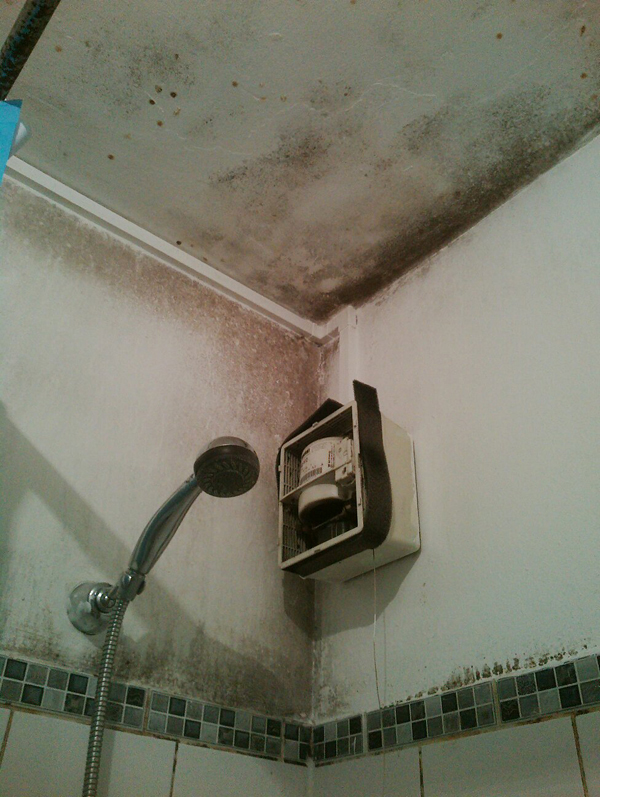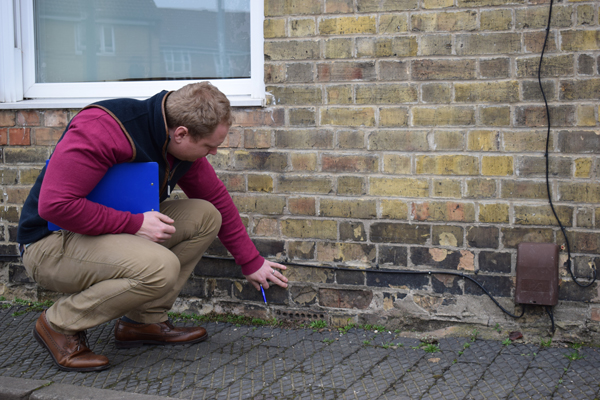 A national trade body is signposting social housing professionals to a range of services to find a trusted route to solve damp and mould issues in properties.
A national trade body is signposting social housing professionals to a range of services to find a trusted route to solve damp and mould issues in properties.
The Property Care Association, which has been in formation for ninety years, is the UK trade body for companies and professionals who specialise in the diagnosis, control and management of dampness in buildings.
Its members understand all the different variables which can affect moisture levels in properties, such as the building’s construction, style of occupation, heating, thermal performance of walls and floors, and the provision of air exchange.
Steve Hodgson, chief executive of the PCA, said “Our members are proven specialists, delivering accurate advice and ‘right first time’ solutions to support property professionals.
“They can accurately diagnose the causes of all forms of building dampness and provide social housing professionals with the products and services that are correct and appropriate for their needs.
“Condensation, damp and mould are common problems caused by excess moisture in a property, which can impact on air quality and health.
“Members of the PCA understand the effects of high humidity in homes and deal with the consequences of poor air quality, condensation, dampness and mould.
“As a result, they can quantify and rectify the imbalances that can cause problems, diagnosing, reporting on and repairing properties affected by various sources of dampness to restore homes to a safe and dry condition.”
As well as member expertise, the PCA has a comprehensive training programme, with a range of options available to social housing professionals that can be tailored to suit specific needs.
This includes a new online course specifically tackling dampness in tenanted buildings, as well as a one-day masterclass series on diagnosis of condensation and mould, residential ventilation and retrofit insulation.
The training is designed to help professionals gain a deeper insight into the impact of damp and condensation issues, as well as promote confidence when approaching remedies and dealing with contractors.

The PCA also offers a technological approach to the issue with its Condensation & Mould Diagnostic System, which was launched in 2022 by the trade body following a three-year research project with the University College London Institute for Environmental Design and Engineering (UCL IEDE).
The system is now available from the PCA under a specialist company, Maple Research and Development.
Steve Hodgson added: “Together with the services of our expert members, the PCA also has both the training and technology available to help housing association professionals demonstrate that moisture in buildings – and the impact this can have on residents – is an issue they are equipped and able to deal with in the most effective way.
“Our training courses offer professionals the breadth of knowledge and understanding they need when approaching a damp or mould issue with a tenant or contractor, while the new Condensation & Mould Diagnostic System technology can analyse conditions within a building to protect against excess moisture.
“Measurement devices, including environmental sensors, are used to measure conditions such as temperature and relative humidity and the bespoke software will calculate results which show why the moisture levels in an individual property are out of balance.
“The system then prescribes solutions to address the issue.”
Social housing professionals can find out more about the pioneering diagnostic technology at:
www.property-care.org/condensation-mould-diagnosis
- Log in to post comments















